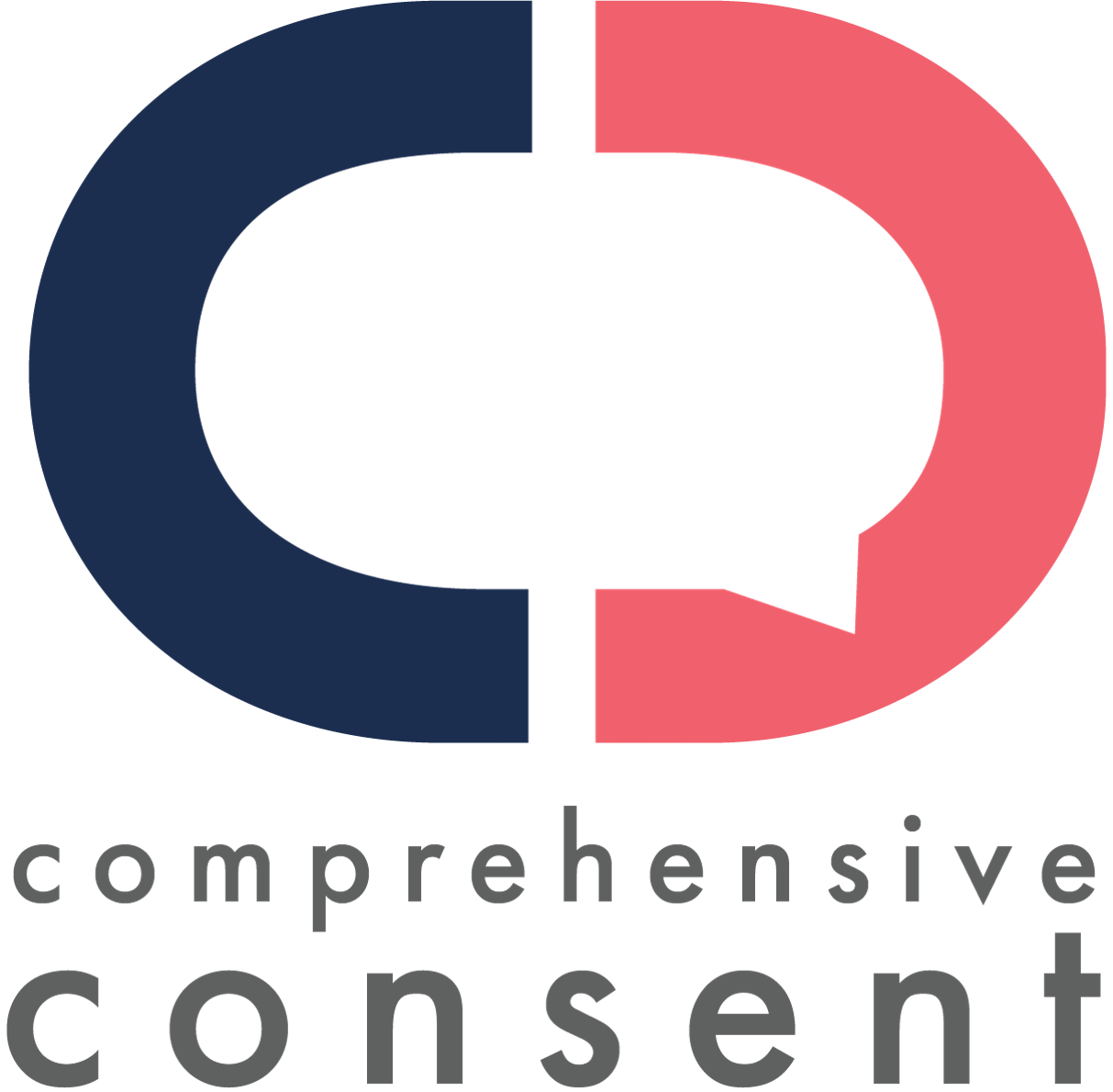From “Getting” to “Practicing”: A more nuanced, relatable, and consistent way to teach consent
Join us on November 17th at 3pm EST to learn a more complete way to talk about consent and support students in navigating this complex terrain. If we want our students to be more thoughtful in navigating consent, we need to be more thoughtful in how we talk about it.
Join us on November 17th at 3pm EST to learn a more complete way to talk about consent and support students in navigating this complex terrain. If we want our students to be more thoughtful in navigating consent, we need to be more thoughtful in how we talk about it.
Join us on November 17th at 3pm EST to learn a more complete way to talk about consent and support students in navigating this complex terrain. If we want our students to be more thoughtful in navigating consent, we need to be more thoughtful in how we talk about it.
Do you want to talk about consent as an ongoing practice but find yourself reverting to phrases about giving and getting?
Do you find yourself struggling to be consistent about what is and isn’t needed when it comes to consent?
Do your students have anxiety about getting consent wrong? Or on the flip side, do your students tune out when you talk about consent and insist that they’ve heard this all before?
Do you freeze when a student asks you a consent question that you don’t know how to answer?
Teaching consent in a way that’s practical, helpful, relatable to students’ experiences, and feels good to you can be challenging. The stakes are high, their exposure to sex-negative messaging is vast, and your nerves tell you to protect, protect, protect. On the other hand, you recognize that telling students to “ask every time” and “only accept an enthusiastic yes,” isn’t a standard of consent that even you practice. You try to be clear about what the guidelines are but you find yourself stumbling to give consistent responses.
Unfortunately, emphasizing strict standards for valid consent often has the unintended impact of thwarting discussion about consent nuances, creating loopholes, increasing students’ anxieties, and contributing to misunderstandings about whether someone does or doesn’t deserve care after they experience harm. This isn’t your fault or that of any teacher. Training on consent education is often limited and based on outdated hypotheses about what works. It makes sense if you feel overwhelmed or at a loss for how to guide your students.
Join us on November 17th at 3pm EST to learn a more complete way to talk about consent and support students in navigating this complex terrain. If we want our students to be more thoughtful in navigating consent, we need to be more thoughtful in how we talk about it.
In this workshop, you’ll:
Explore a framework for talking about consent that recognizes both the legal aspects and the ongoing nature of consent as an interpersonal practice.
Learn foundational principles to guide you in answering any challenging consent questions that students may throw your way.
Get practice and build skills in responding to challenging scenarios.
Gain confidence in talking about consent in a way that’s consistent with your values.
See you there!
This workshop is appropriate for people who teach consent to students of any age.
A recording of this workshop will be available to ticket holders for one month after the workshop.
Use code RELATABLE for $10 off if it honors your experience to do so and you:
are currently unemployed
have debilitating student loans or medical costs
have ever been incarcerated
or your ancestors have experienced land theft or slavery




